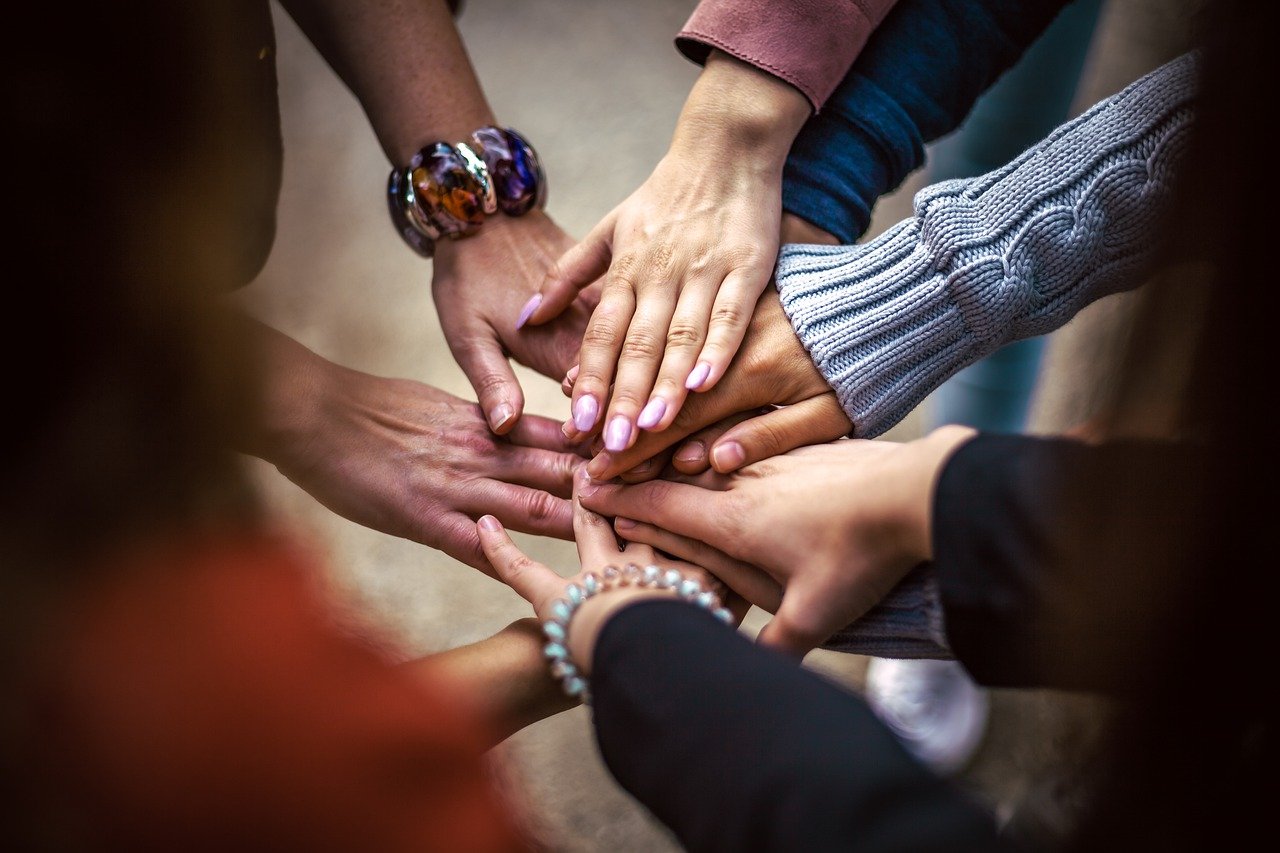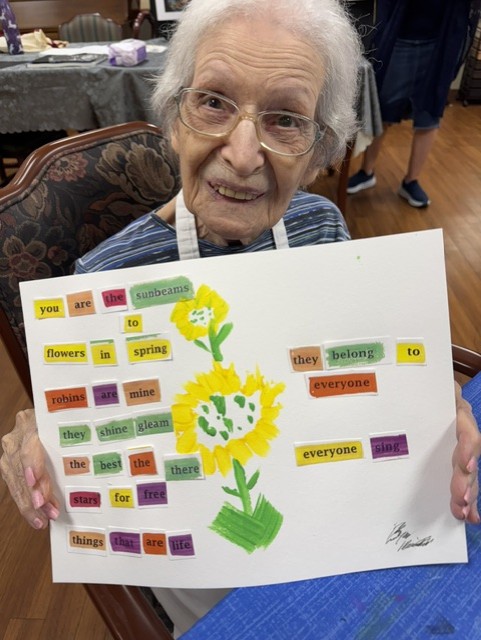Early in the pandemic, we began to hear the phrase, “We are in this together.” This was used widely to encourage people to protect each other, use masks, practice social distancing, and handwashing to reduce the spread of COVID-19. This phrase also has been used in many other circumstances to promote widespread cooperation in times of challenge.
I remember my mother washing and flattening soup cans in the 1960s, a remnant of what citizens were called upon to do during WW2. I remember standing in line with many kids at our local elementary school to receive the polio vaccine, with a grim-faced doctor and a smiling school nurse ushering us through with a “grin and bear it” smile. These experiences were very much cast as community events where we were “all in it together” for the common good. So, everyone obliged and did their part.
Unfortunately, with the pandemic, this oft-repeated phrase sometimes sounded forced. Many refused to accept the scientific evidence for safeguarding against the virus. Because of the political divisions in our country, we witnessed people forming attachments to various groups, which they were loyal to, but resulting in further chaos around the country. Today, a surprisingly limited number of Americans have taken the COVID-19 vaccine, clearly, the most impactful weapon we now have.
Forming Attachments
However, it is human nature to form attachments to others from infancy throughout the life cycle. People are social beings with the need to come together for many different reasons.
Our earliest experience of togetherness is when we form families. This experience forms our most important feelings of togetherness. Soon we move into other social groups joining schools, clubs, churches, and sports teams. Indeed, we are in this together, rooting for our team, identifying with the larger group. Our efforts join with others to create successful and formative experiences.
Sometimes groups also form around competing political or social objectives. This can be useful to society to give shape to various key ideas, aspirations, and visions for the welfare of the community, state or nation. However, when opinions differ, divisions form and tactics escalate, making constructive compromise more difficult to achieve.
Community
United Church Homes was born out of a basic impulse to create a special kind of togetherness we call community. At a time in history when German Americans were besieged by hostility toward immigrants and at war against Germany, congregations adopted this notion of unifying action and identity. The result was building residences where vulnerable elders could be safe, independent, and live dignified lives, shielded from violence and ongoing threats from political and social pressures. Those congregations banded together for their mutual aid and benefit during times of extreme social adversity.
This past year we have especially witnessed another example of groups bonding together facing adversity and threat. The Black Lives Matter movement, for example, reflects a renewed effort to join voices and efforts for a common cause. In this case, the group formed to confront the longstanding environment of racism and violence the black community has faced since the earliest years of slavery in this country. With the death of George Floyd in Minneapolis last year, a renewed awareness of violence against black people has been the focus.
There is, at minimum, strength in numbers. But at its heart, where there is unity of purpose and passion, these social bonds offer protection, a voice, and hopefully justice.
Deeper Mutuality
“We are in this together” is a call to a deeper mutuality in genuine community. At UCH, we invite people into our communities to experience wholeness and peace. This is rooted in our shared understanding of the gospels and our faith heritage in the church. It is not an invitation to an exclusive club, a gated community, or a political tribe. When we offer community, it is shaped by Jesus’ teaching and the image of creating the “Beloved Community” whose hallmark is love, inclusion and justice for all.
Times of adversity tend to bond us together, albeit temporarily. Our politics tend to bond us together, albeit temporarily. When we heed the call of Christ to enter into His community, we are part of something ancient and eternal. Our vision is to let this special kind of community form the foundation for the experience of abundant life. Purpose, inclusion, well-being, justice, and wholeness are the hallmarks of UCH’s unique expression of life shared in community. Come join us!
View all articles by:






















